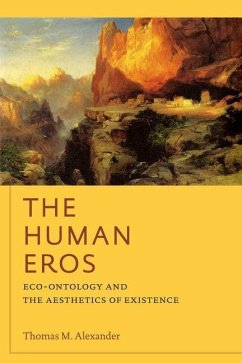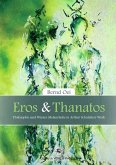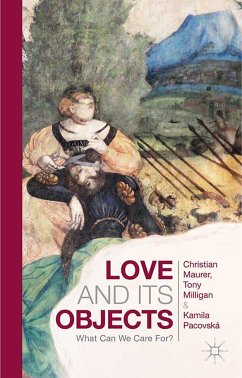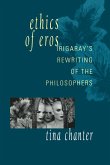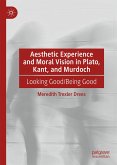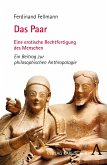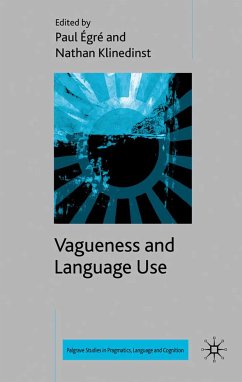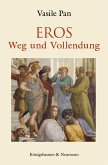The Human Eros explores themes in classical American philosophy, primarily the thought of John Dewey, but also that of Ralph Waldo Emerson, George Santayana, and Native American traditions. AlexanderGCOs primary claim is that human beings have an inherent need to experience meaning and value, a GCGBPHuman Eros.GC Ourvarious cultures are symbolic environments or Gspiritual ecologiesG within which the Human Eros seeks to thrive. This is how we inhabit the earth.Encircling and sustaining our cultural existence is nature, yet Western philosophy has not provided adequate conceptual models for thinking ecologically. Alexander introduces the idea of Geco-ontologyG to explore ways in which this might be done, beginning with the primacy of Nature over Being but also including the recognition of possibility and potentiality as inherent aspects of existence. He argues for the centrality of DeweyGs thought to an effective ecological philosophy. Both GpragmatismG and Gnaturalism,G he shows, need to be contextualized within an emergentist, relational, nonreductive view of nature and an aesthetic, imaginative, nonreductive view of intelligence.
Dieser Download kann aus rechtlichen Gründen nur mit Rechnungsadresse in A, B, BG, CY, CZ, D, DK, EW, E, FIN, F, GR, HR, H, IRL, I, LT, L, LR, M, NL, PL, P, R, S, SLO, SK ausgeliefert werden.

